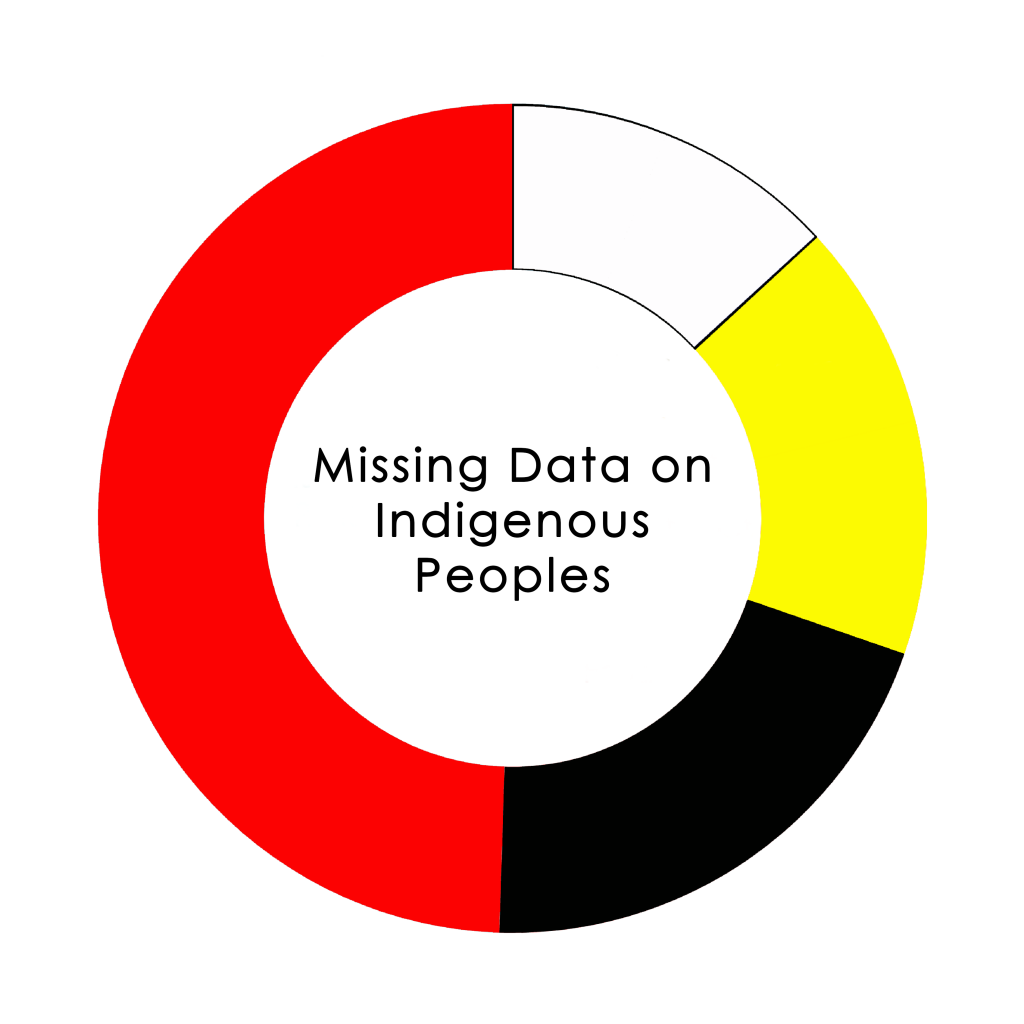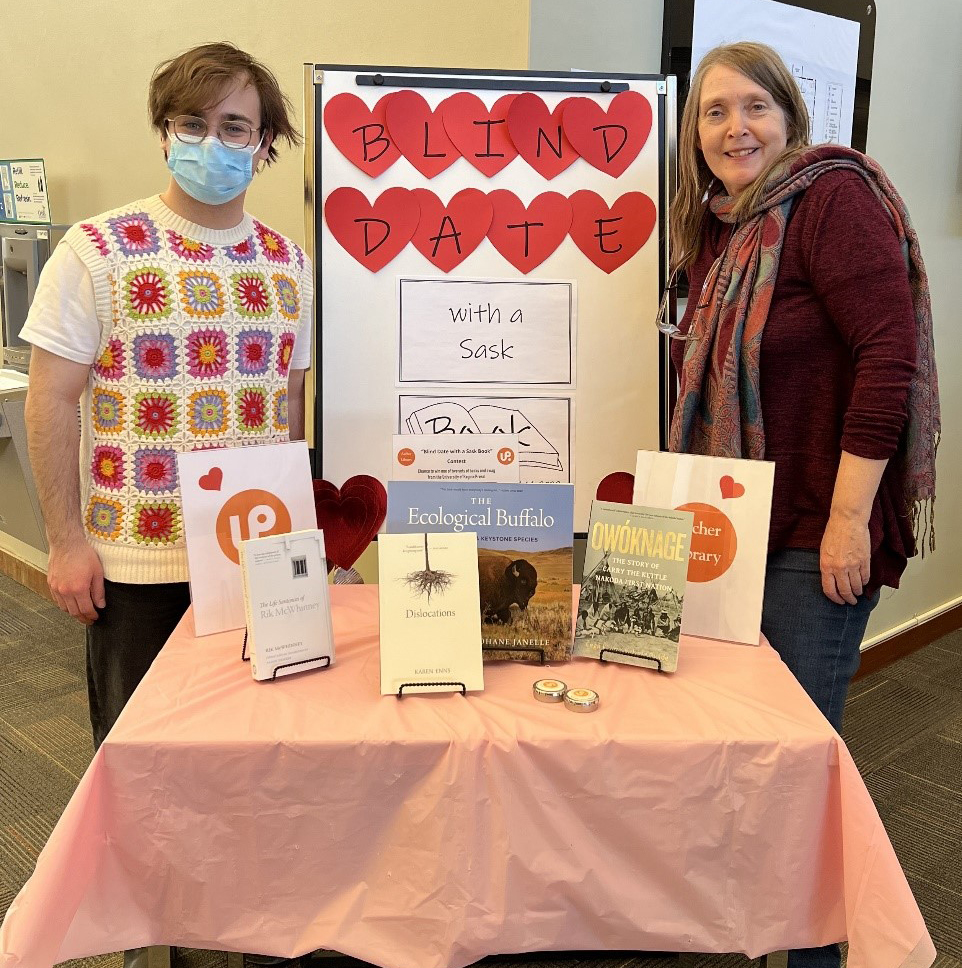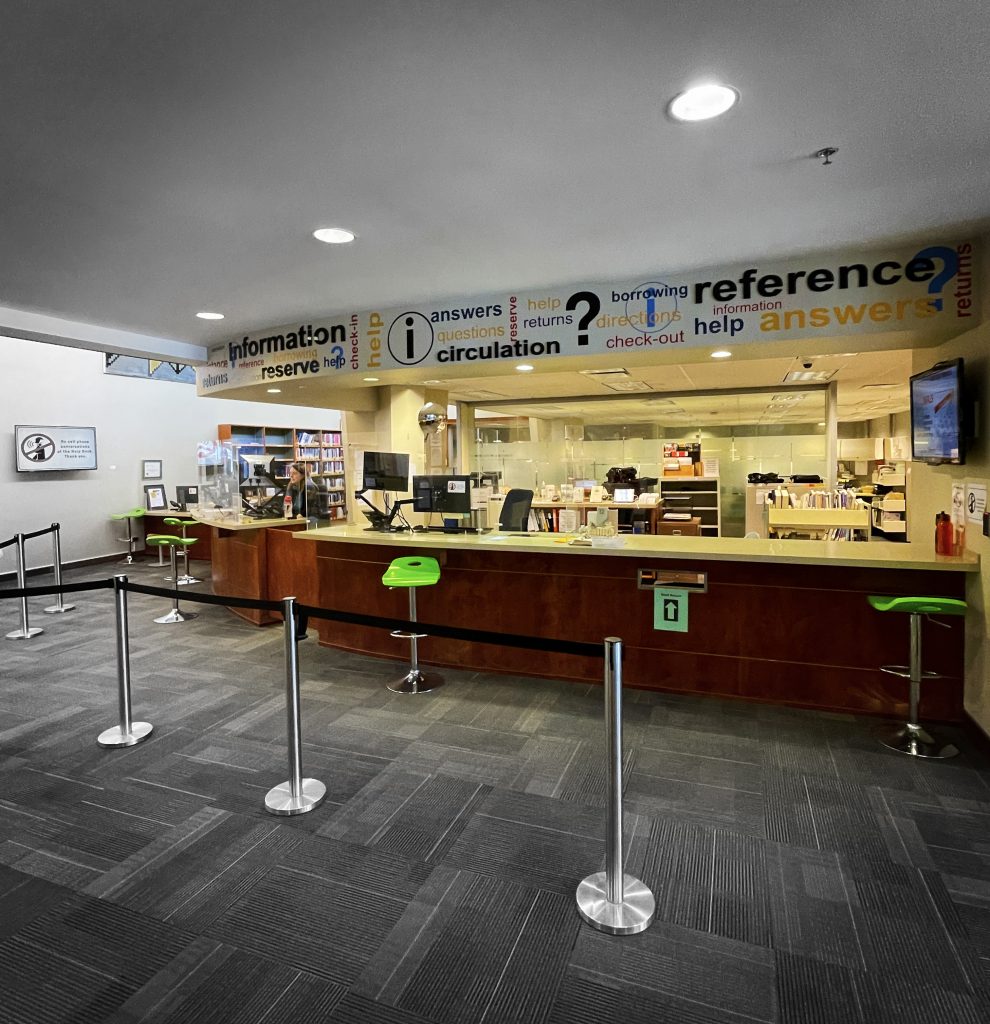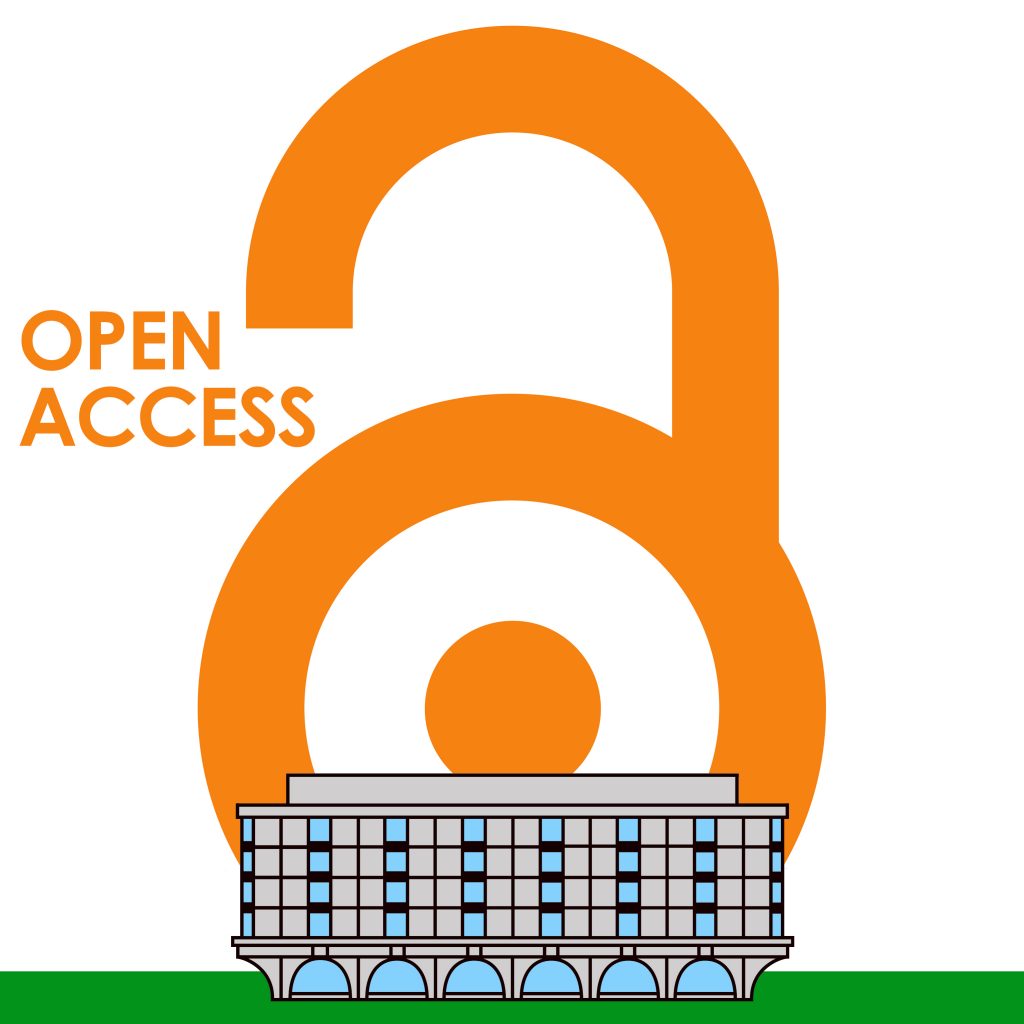– by Kaetlyn Phillips
Sometimes data are not missing or invisible because they have not been collected, they’re invisible because they’re being protected. In many cases, data on Indigenous communities are not always accessible because Indigenous peoples have data sovereignty; meaning, they have the right to control the collection, storage, and access to their data.
In the most recent Census of Canada, Statistics Canada reported difficulty collecting data on Indigenous Peoples. Thirty-eight First Nation communities were not enumerated due to pandemic restrictions or forest fires. However, 25 First Nation communities did not give permission for census enumeration to take place. This demonstrates how data can be missing due to in order to protect data sovereignty. First Nations that decline census enumeration are choosing to opt out of a colonial system, which allows the individual communities to collect their own data and control how these data are used.
As we move towards further decolonization and reconciliation, the need to uphold Indigenous data sovereignty becomes more evident. Due to colonialism and racism, historically data sovereignty was violated. The prevailing practice was research conducted on Indigenous peoples instead of with Indigenous peoples. Often the research violated basic ethical practices such as informed consent and right to withdraw and in some cases was abusive and deadly to Indigenous peoples. Research was frequently conducted on Indigenous children forced into the residential school system. For example, the abusive research and data collection practices in the Nutrition Studies conducted in the 1940s and 50s. These studies involved Indigenous children being malnourished and starved so researchers could determine food guidelines. Not only were these practices grossly abusive, inhumane, and unethical, they are also still affecting the health of Indigenous peoples today.
As part of decolonization and reconciliation, Indigenous communities are working with researchers and government agencies to ensure Indigenous data sovereignty is respected. The Truth and Reconciliation Commission of Canada’s Report (TRC Report), the United Nations Declaration on the Rights of Indigenous Peoples (UNDRIP), the Global Indigenous Data Alliance CARE Principles (CARE), and the First Nations Principles of OCAP all require research with Indigenous peoples to uphold data sovereignty. The efforts to decolonize research and data will take time and practice, but ultimately will create better and more ethical research and data.











